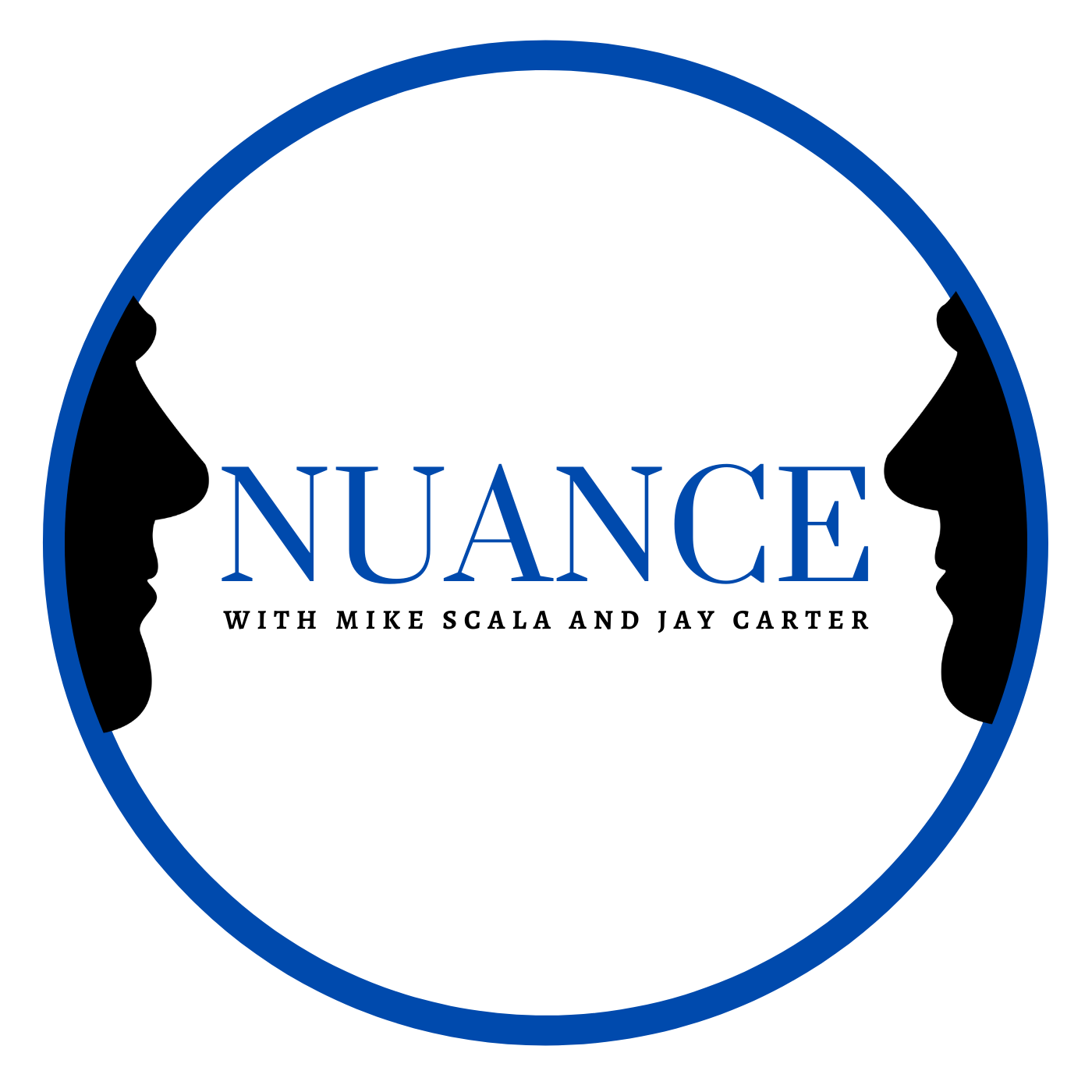Do you believe Algerian boxer Imane Khelif should have been banned from boxing women?
During the Paris Olympics, a boxing match between Algerian athlete Imane Khelif and Italian boxer Angela Carini was catapulted into the global spotlight not for the sport itself, but for the controversy it sparked. Khelif, who won the bout in just 46 seconds after delivering a powerful punch that dislodged Carini’s chinstrap, faced unexpected scrutiny. Some spectators questioned her eligibility to compete in women’s categories, based on a discredited ruling by the International Boxing Association (IBA) in 2023. Despite this, the International Olympic Committee (IOC) has affirmed Khelif’s right to compete, highlighting her lifelong status as a female athlete in official and medical records.
The situation escalated into a significant cultural and political debate, fueled by misinformation and confusion about Khelif’s biological gender. Critics and some high-profile figures mislabeled the incident as a case of a transgender athlete competing in women’s sports, despite Khelif not being transgender. This misrepresentation has not only affected public opinion but has also intensified the ongoing culture wars around gender identity and sports. The criticism seems to reflect broader societal tensions rather than the specifics of Khelif’s situation, complicating an already challenging discourse on athletes’ rights and gender verification in sports.
As Khelif prepares for her future in boxing amidst this turbulent backdrop, she has taken legal steps to address the severe online harassment she has faced due to the widespread misinformation. Her lawsuit highlights the personal cost of these debates and the need for a more informed and respectful public discourse. Given the complex interplay of biological science, cultural perceptions, and sports ethics, this case leaves an essential question that considers not only the specifics of Khelif’s case but also the broader implications for sports, equality, and how society interprets and respects the diversity of human bodies.Do you believe Algerian boxer Imane Khelif should have been banned from boxing women?
The core of the debate centers on whether Khelif possesses an unfair advantage over other female athletes or if her abilities are simply a reflection of the natural variance found in all human bodies. Scientific and medical communities continue to grapple with these questions, particularly concerning athletes with Differences of Sexual Development (DSD), who may naturally produce higher levels of certain hormones like testosterone. The IOC’s stance on inclusion suggests a shift towards accommodating natural biological diversity, emphasizing fairness and safety without definitive exclusions based solely on DSD traits.
As Khelif prepares for her future in boxing amidst this turbulent backdrop, she has taken legal steps to address the severe online harassment she has faced due to the widespread misinformation. Her lawsuit highlights the personal cost of these debates and the need for a more informed and respectful public discourse. Given the complex interplay of biological science, cultural perceptions, and sports ethics, this case leaves an essential question that considers not only the specifics of Khelif’s case but also the broader implications for sports, equality, and how society interprets and respects the diversity of human bodies.Do you believe Algerian boxer Imane Khelif should have been banned from boxing women?
Watch the full conversation on the recent episode of Nuance.
Nuance with Mike Scala and Jay Carter is a weekly video podcast that engages its audience through examination of current events from the unique perspectives of its hosts and guests.
Additional:
- Responding to your comments about Olympic boxer Imane Khelif
- Imane Khelif wins fight and declares, ‘I want to tell the entire world that I am a female’
- J.K. Rowling and Elon Musk Named in Cyberbullying Lawsuit Filed by Algerian Boxer Imane Khelif After Olympic Win (EXCLUSIVE)







Recent Comments